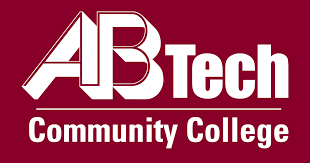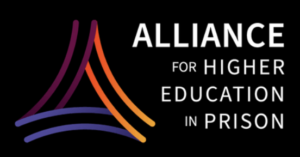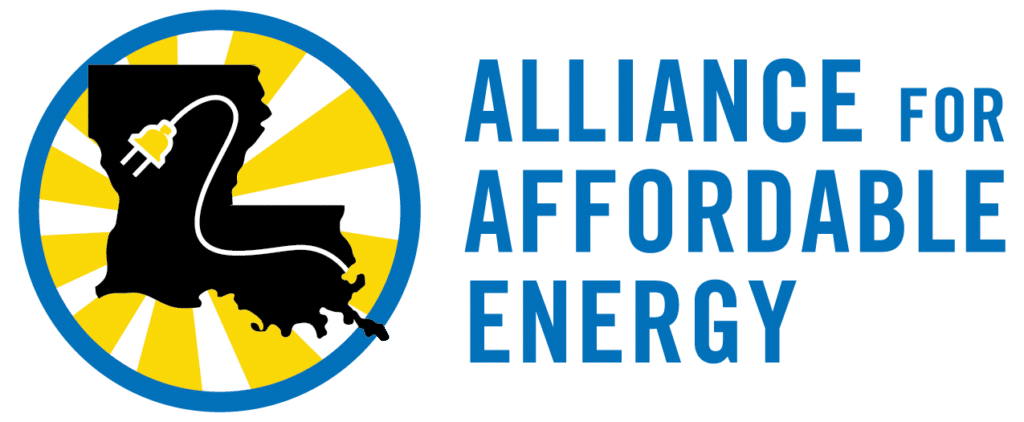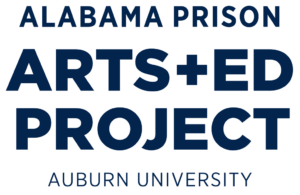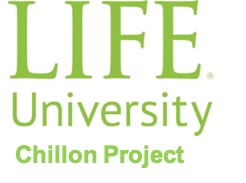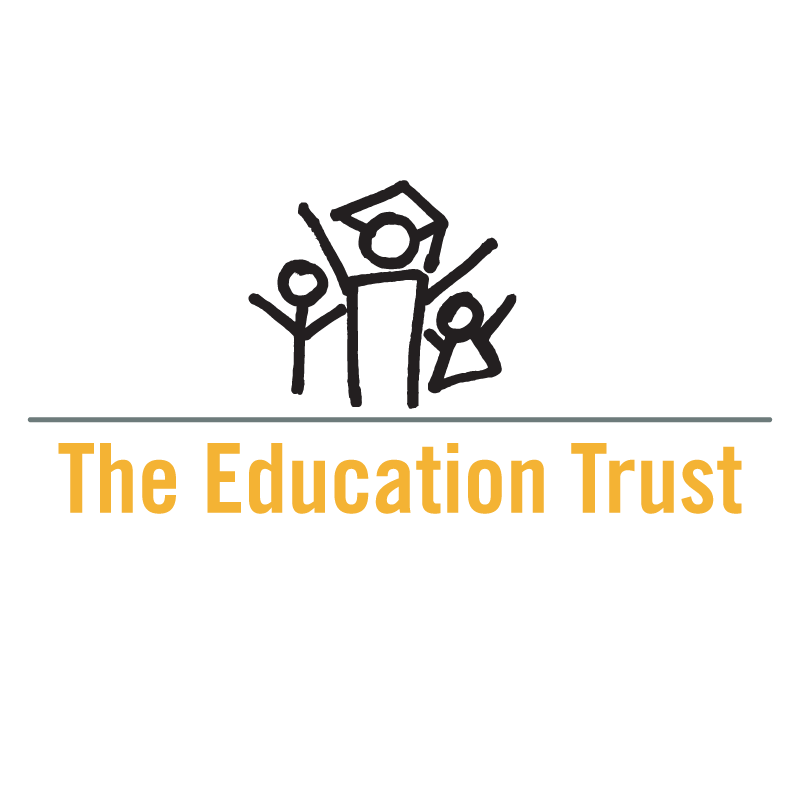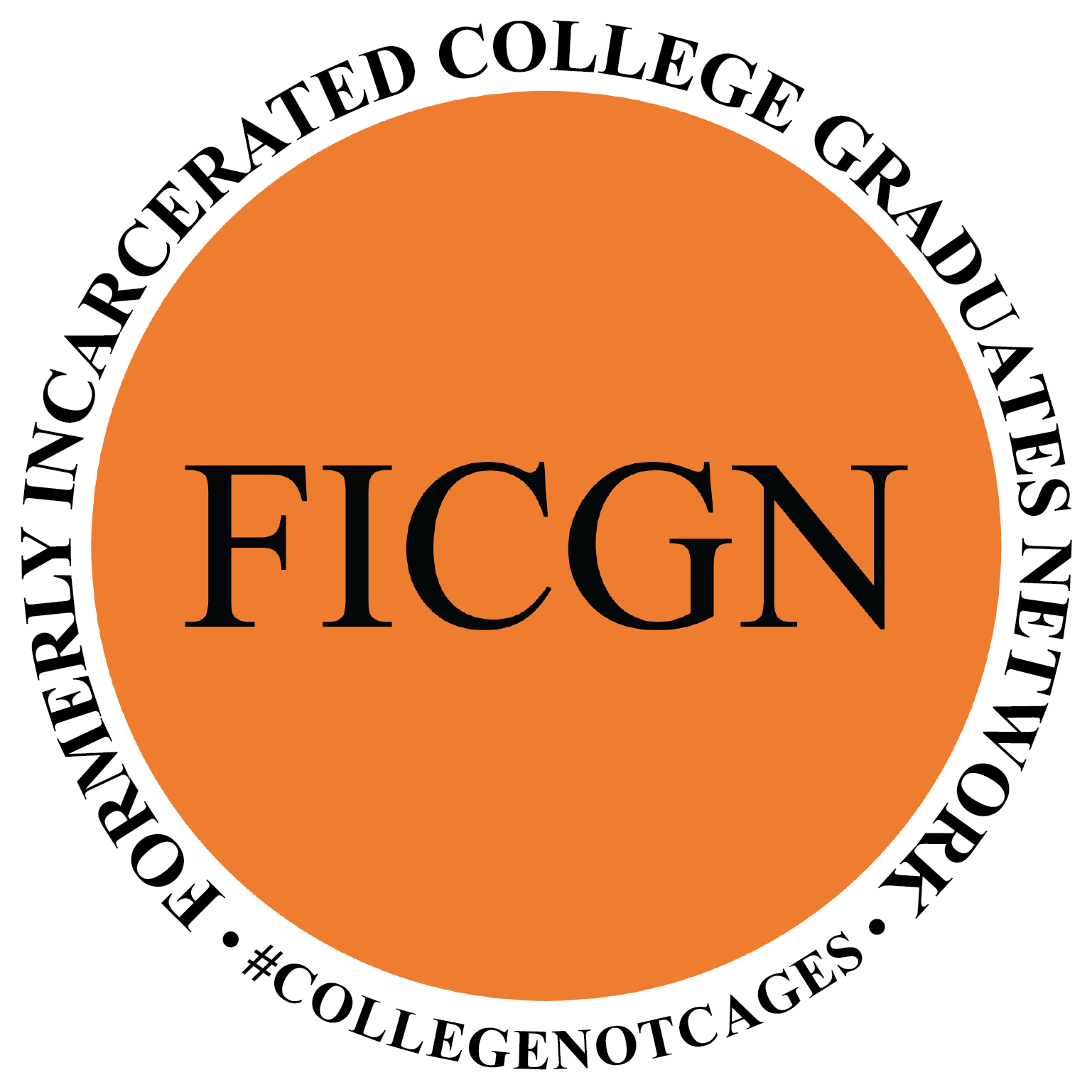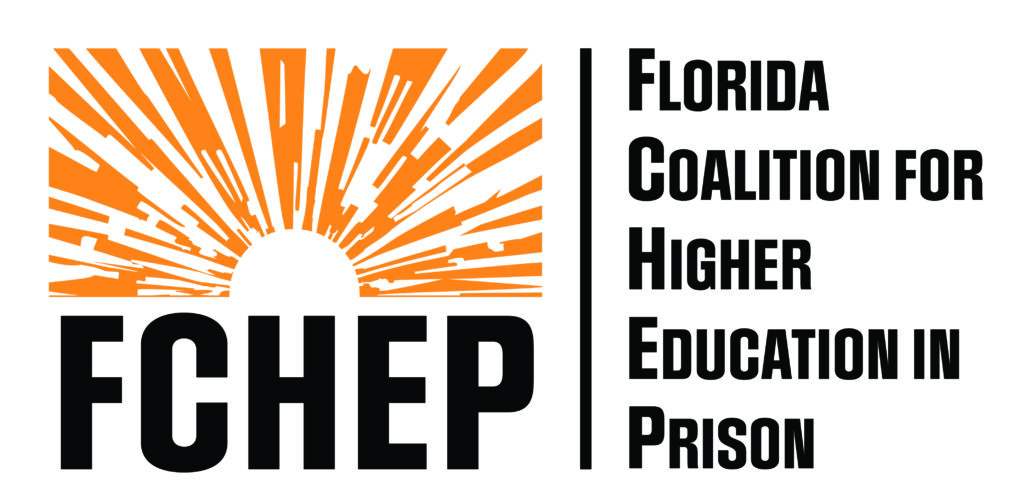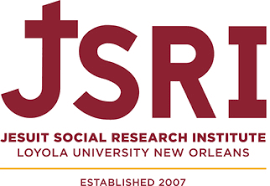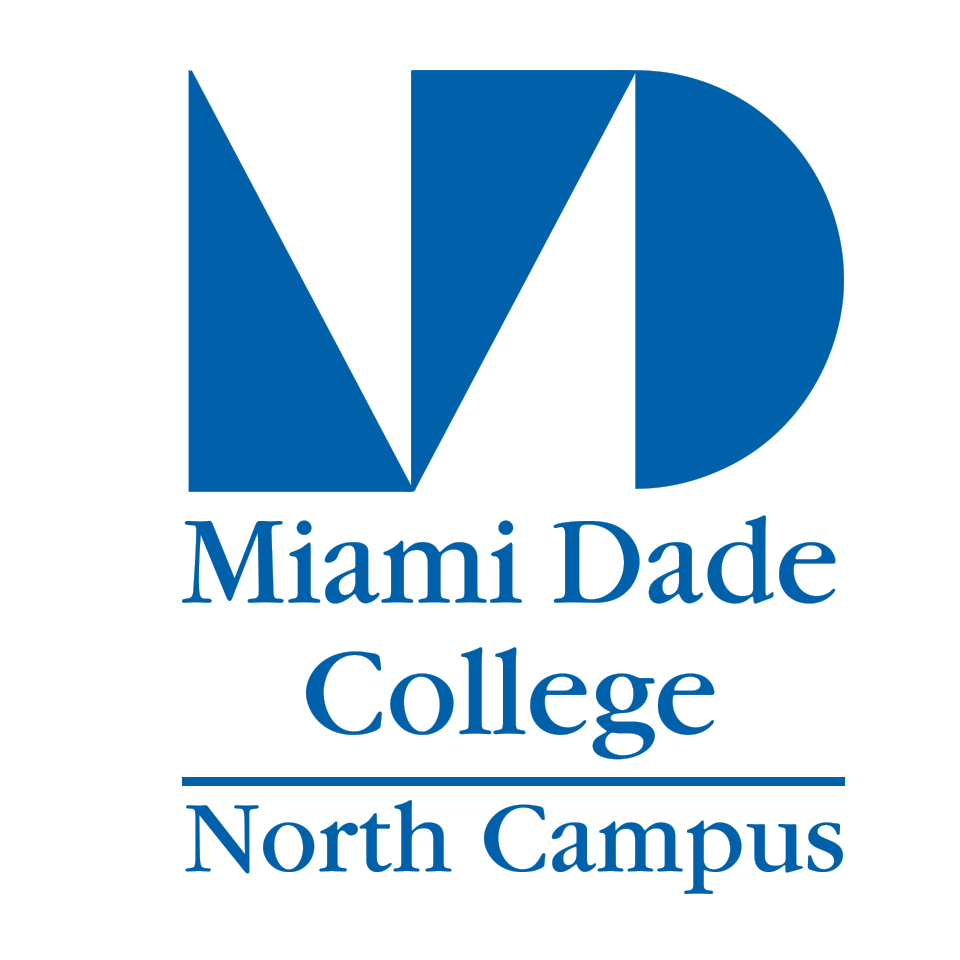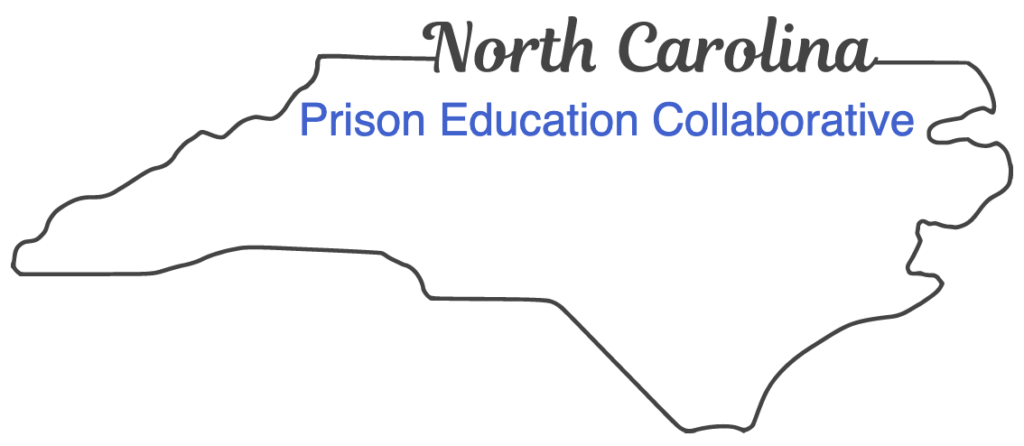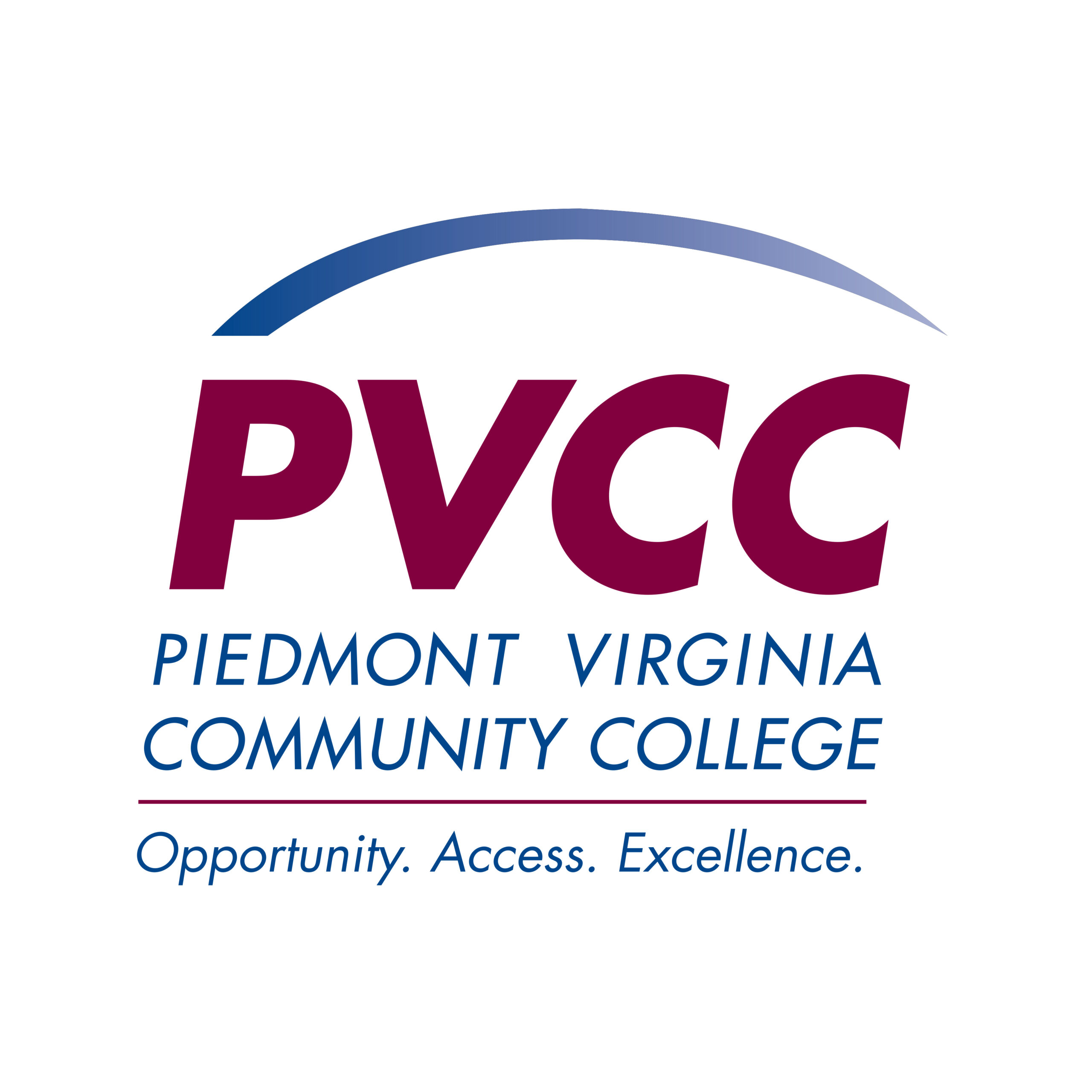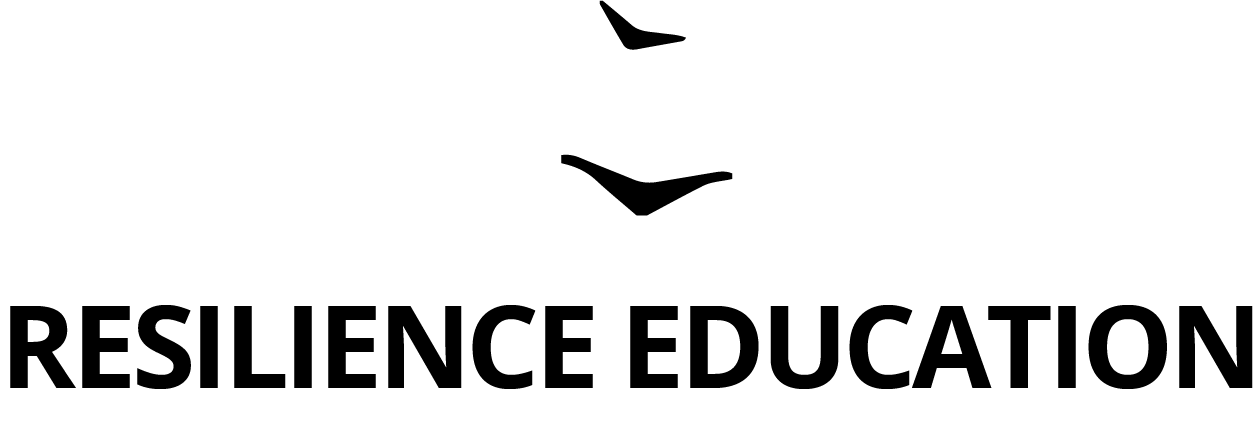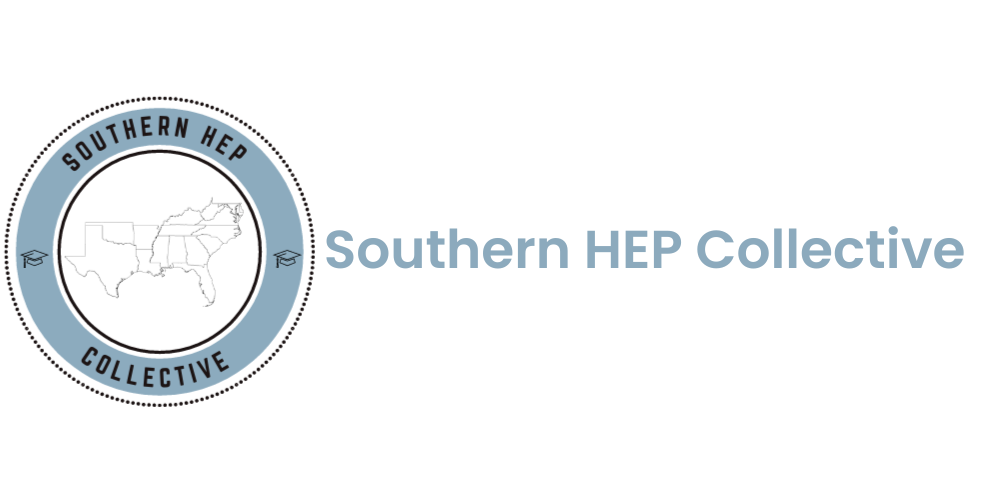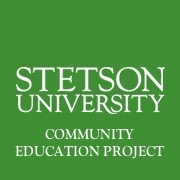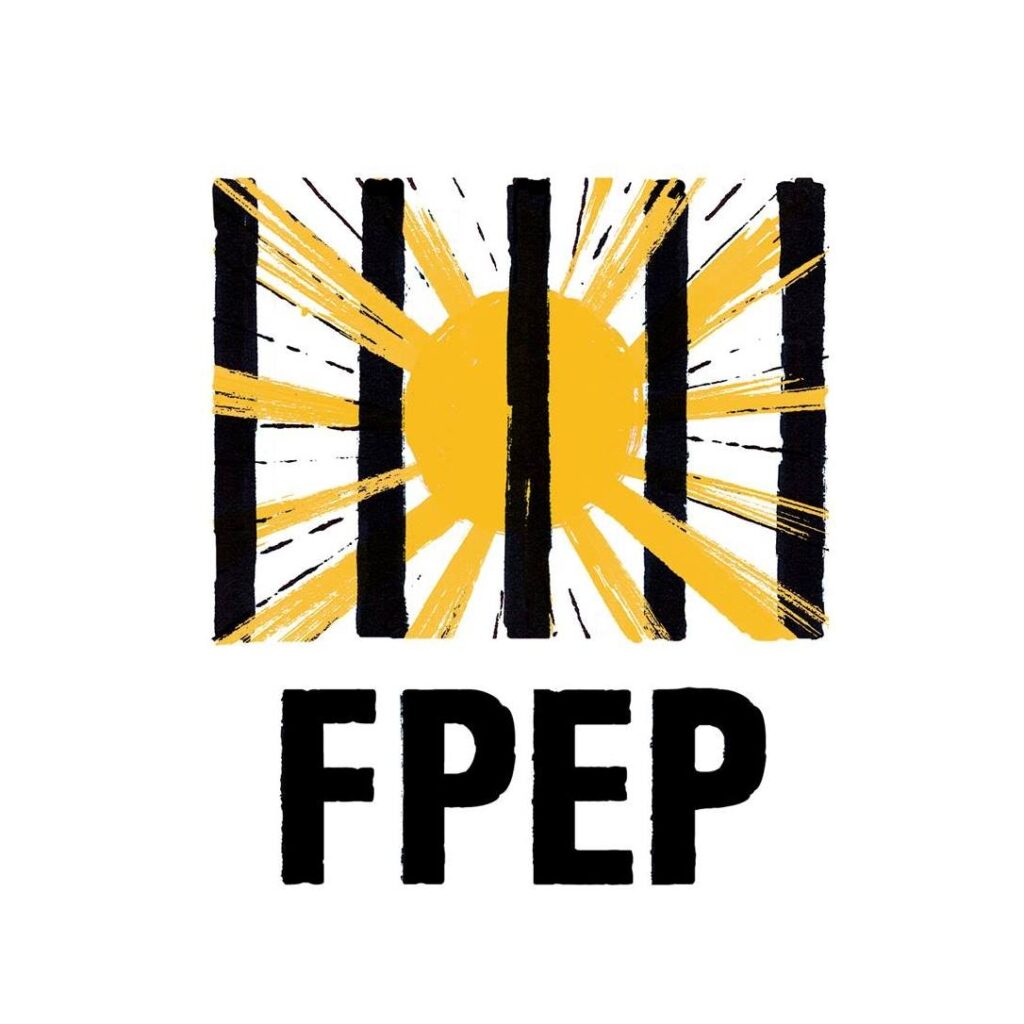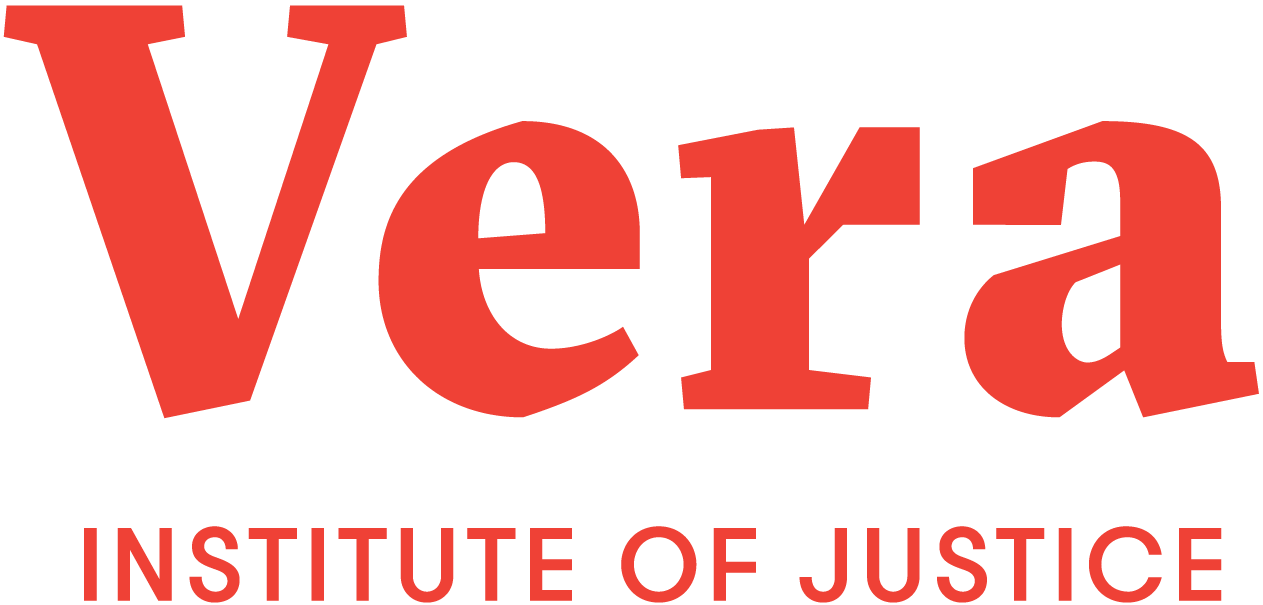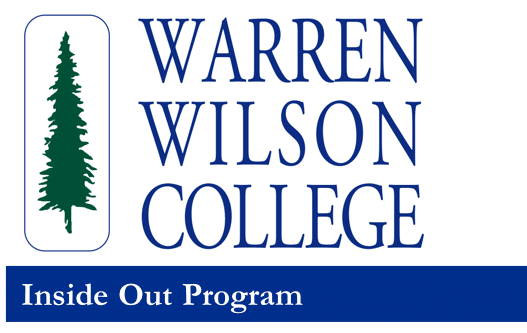GRANTMAKING
HIGHER EDUCATION IN PRISON
We envision a U.S. South where all people are liberated from the inter-generational harm of structural racism and economic inequality. We seek to reverse the trend of mass incarceration and to affirm the humanity, capacity, and potential of currently incarcerated people. To achieve this, LGF increases access to high-quality, accredited college courses inside of state correctional facilities in the U.S. South.

We invest in dedicated groups that reduce barriers and expand educational opportunity for incarcerated people.
OPPORTUNITY TO INVEST IN PRISON EDUCATION & MORE JUST FUTURES
Higher Education in Prison (HEP) programs are important in many ways:
- They strengthen families and communities by helping formerly incarcerated people gain economic mobility, stability, and leadership capacity.
- They restore a measure of educational equity for students who have been left behind and offer a means of intellectual pursuit and self-reflection for people who are incarcerated.
- They reduce barriers for incarcerated people after release, increasingly likelihood of employment, reducing recidivism, improving public safety, and decreasing states’ costs.
Investing more resources in HEP programs means ensuring more people who want an education while incarcerated have access, especially in the South where barriers are extraordinarily high. Although there are more than 300 prisons in the South, there are only an estimated 26 credit-bearing higher education in prison programs. Those belonging to marginalized communities, specifically people of color, have been disproportionately harmed by the US’s over-reliance on mass incarceration and face far greater challenges accessing education. BIPOC communities face higher incarceration rates than their white counterparts in the South, stemming from the legacy of an unjust criminal justice system rooted in white supremacy, with prisons as institutions entwined with the legacy of slavery.
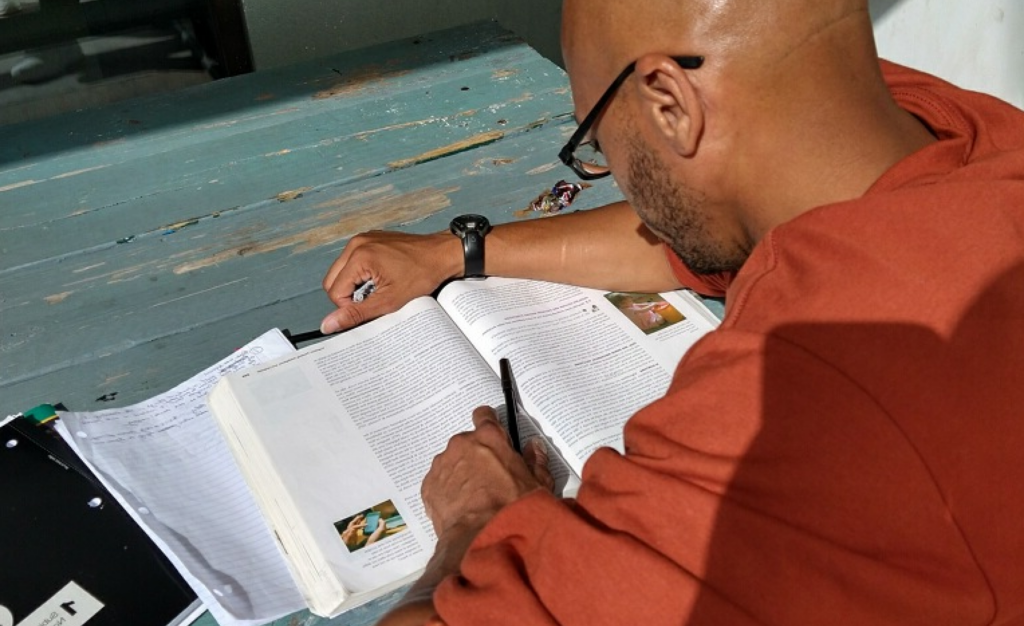
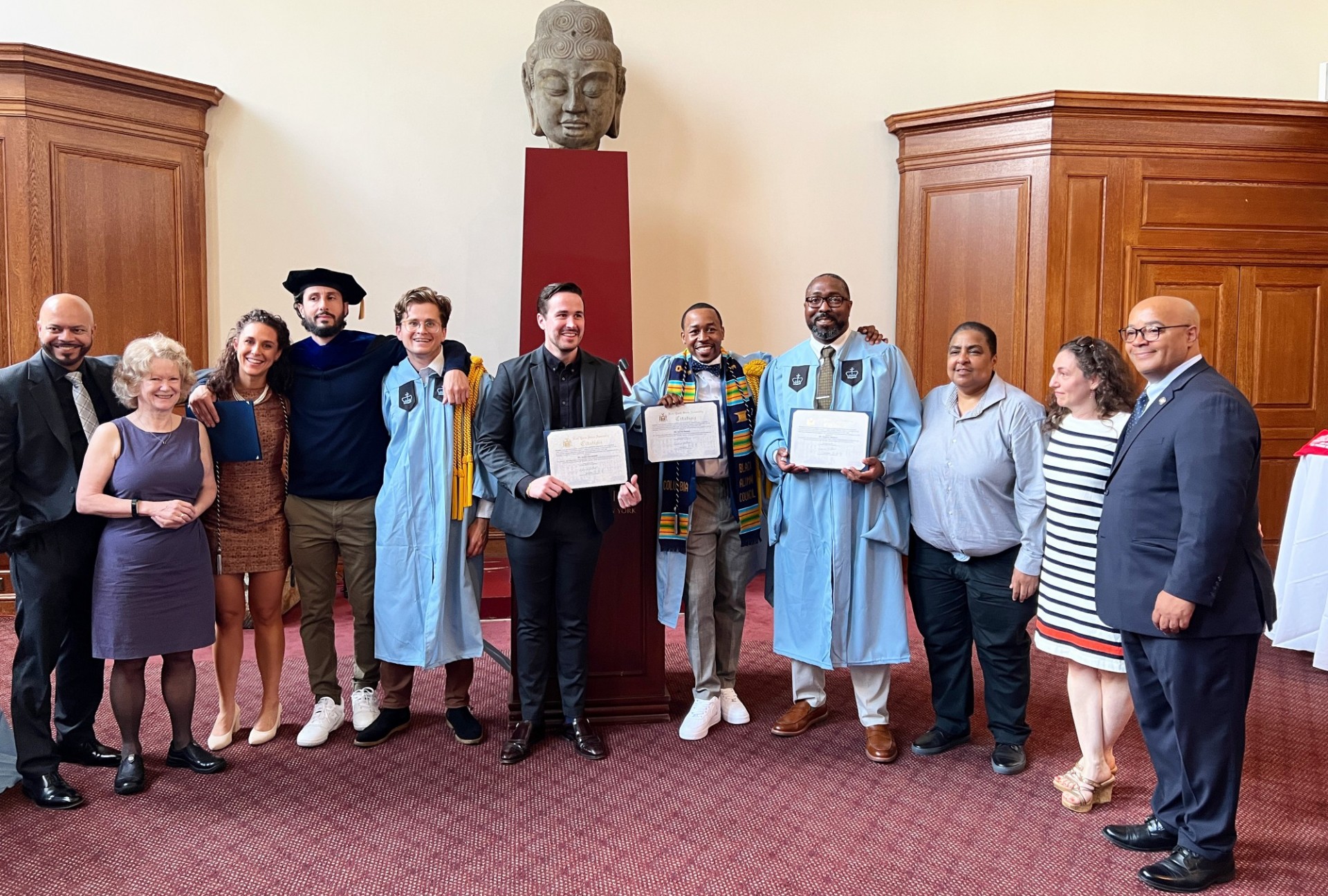
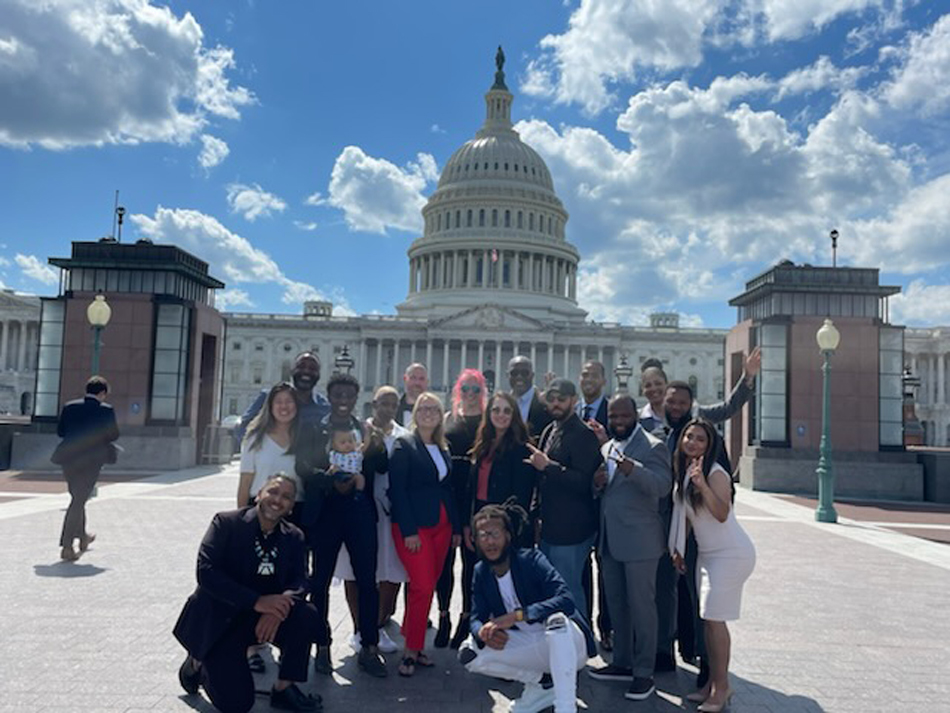
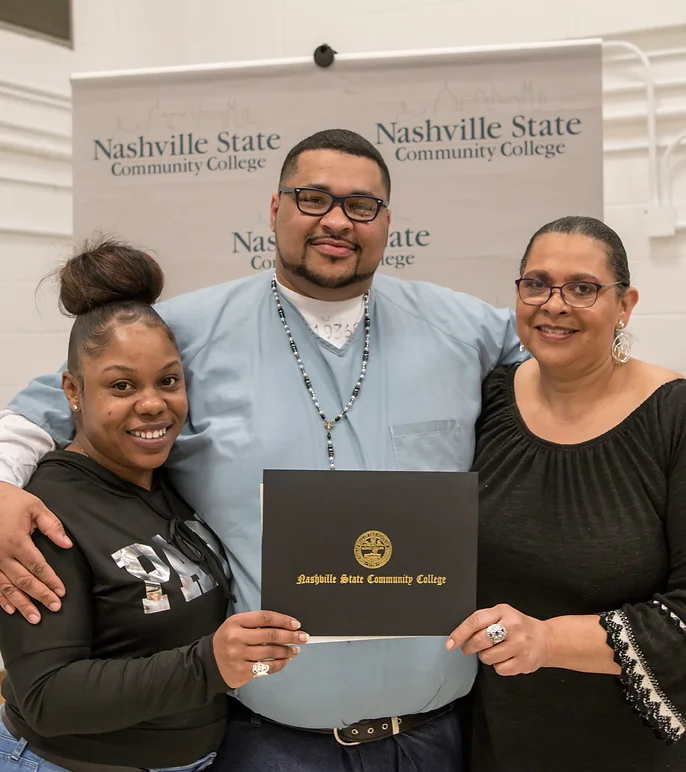

Our Funding Priorities
HEP program support
Increasing access to and improving the effectiveness of college in prison in the US South.

Network and learning
Forging meaningful connections among HEP leaders, currently and formerly incarcerated students, and other important stakeholders.

Research, evaluation, and awareness building
Raising critical awareness and understanding of HEP as a strategy to reduce the trend of mass imprisonment.

Re-entry
Providing returning students with the support and resources necessary to successfully transition from college in prison to college in a community setting.

Policy advancement
Building more effective policies and practices, and stronger prison-college partnerships.
Our Approach
Relationships move at the speed of trust: our grantmaking focuses on developing authentic, not transactional relationships. Our approach focuses on:
Increasing Access to Higher Education in Prison and Improving Program Delivery
We seek to improve access to accredited college courses for incarcerated students, prioritizing BIPOC communities most impacted by incarceration. We support students successfully transitioning from college in prison to a college on a traditional campus.
Prioritizing Equity and Communities
We focus our funding on historically oppressed and lower income communities. We prioritize student-centered programs rooted in an understanding of institutional racism, the unjust social conditions it perpetuates, and the policies that promote a racist and dysfunctional prison system. We place a high value on programs that incorporate student voices and input; and that operate with a racial equity lens.
Seeking Out Policy Change Opportunities, Grounded in Community-led Advocacy
We support policy education and advocacy of policies and practices addressing barriers to higher education in prison, as well as historic injustices to low-income and BIPOC communities.
Aligning Funding Partners to Strengthen Networks
We collaborate and align with other funders and support networks of organizations. We support efforts to build strong connections among HEP leaders, formerly incarcerated students, key community stakeholders, and other subject matter experts to share and create promising practices, collectively problem solve, and hold each other accountable. We ensure grantee partners have funding to increase organizational effectiveness, health, and sustainability. We support an ecosystem in which organizations share their growth and development with one another through peer learning communities.
Investing Regionally in the South/Southeast
We are dedicated to supporting organizations based in the South/Southeast.
OUR IMPACT
LATEST NEWS
2025 HEP Grant Announcement
Laughing Gull Foundation Announces $2 million in Grants to Organizations Advancing Higher Education in Prisons Programs Durham, NC -…
2024 HEP Grant Announcement
Laughing Gull Foundation Announces $2.1 million in Grants to Organizations Advancing Higher Education in Prisons Programs Durham, NC -…
2023 HEP Grant Announcement
Laughing Gull Foundation Announces $1.9 million in Grants to Organizations Advancing Higher Education in Prisons Programs Durham, NC -…
Introduce Yourself
If your organization is based in and/or focused on the US South and your work is aligned with our funding priorities (see above), please click below to share information about your work.
We know your time is valuable, so we discourage you from reaching out to us about opportunities that don’t fall within our funding strategies and guidelines. For this reason, we aim to be as transparent as possible about what we do and don’t support.

